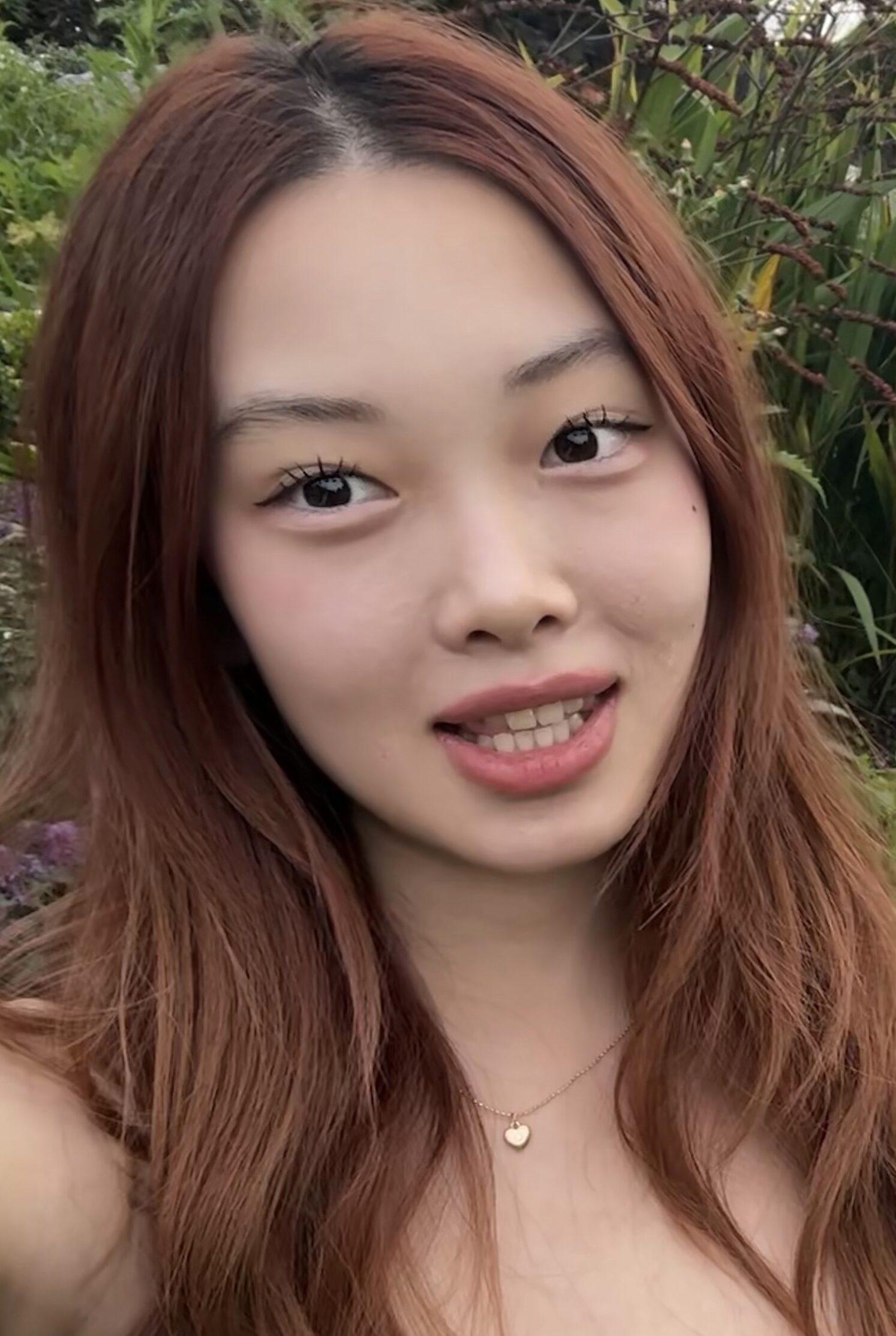The Ambassador recently interviewed two under 25 activists—Arik Karim and Phillipa Rošić
Arik is politically minded and passionate about international relations and foreign policy, while Philippa is a feminist and founder of her podcast from Denmark.
Arik Karim comes from Florida and will attend George Washington University in the 2024 school year. He is the founder of Equality in Forensics (EIF), a non-profit organization that bolsters accessibility in speech and debate. Karim says that EIF “[has] hosted 10+ tournaments, logged 1000+ hours of volunteering, and built an online community of 3000+ members. With his Board of Directors taking over next school year, he’s “confident the organization’s impact will grow.”
We first interviewed Arik, asking where his passion for international affairs originated. Arik revealed that debate introduced him to the complex world of foreign policy because it’s “very rare for an activity to involve so many critical life skills like speaking, critical thinking, and researching all at once.”
Arik founded Equality in Forensics (EIF) in 2021. American debate tournaments tend to be hidden behind paywalls, with registration dependent on one’s ability to access a debate academy. The tournament system thus disadvantages low-income students who can’t afford the increasingly high tuition fees, as well as those who live far away from any debate schools, to begin with. EIF circumvents the common tournament paywall through its registered tabroom account. Arik designed EIF so that it takes students who can’t afford academies and offers them free seats at different debate events; EIF has further hosted several tournaments, and lectures, and formed a vast online network of resource-sharing and volunteering opportunities.
When we asked Arik about the biggest challenge in creating this debate nonprofit, he answered that it was “cultivating a dedicated volunteer/staff base who were active in serving the speech & debate community.” Thankfully for Arik, after offering several free workshops, and lectures, and hosting multiple tournaments, EIF’s outreach and impact have increased drastically and it is smooth sailing from here.
Next, we interviewed Phillipa Rošić. We discussed the challenges of starting a podcast as a young person and her career goals and aspirations.
According to the Center for Information & Research on Civic Learning and Engagement, 40% of American teens report a fear of scaring their political opinions publicly, and 39% of teens were worried about how their peers and friends may react.
Phillipa believes that the biggest deterrent that teenagers have to share their views on a public platform is the fear of rejection and facing disagreements with others.
“Throwing yourself into the public debate as scary as it is is a very important thing. If you have an opinion or something to say, go out there and say it,” she said “There’s this wonderful quote from this famous Danish journalist at the beginning of his debate programs. He says “The more you disagree with someone, the more you have to listen”. I think you can’t debate with someone you agree with.”
Phillipa is the founder of Generation Hellig, a podcast that weekly invites a panel of teenagers to debate on topics that concern Gen Z. Generation Hellig has discussed topics such as the taboos on plastic surgery, the concerns of reproductive rights from feminists, etc. As someone who has experience working alongside professional Danish journalists and politicians, Phillipa provided a piece of advice to people interested in political advocacy and entering debate spaces:
“Don’t be afraid to apply to some radio station, or ask if you know someone in the journalistic world…It might be a long shot but really just try. I’ve gotten plenty of rejections throughout the years but I’ve just tried and tried and tried and tried until I succeeded. Don’t be afraid to try and give it a go.”
16-year-old Phillipa first entered the journalistic world when writing a journal entry for a local Danish newspaper. That’s when she was discovered by two professional journalists to be a radio-show co-host on their podcast. As what she describes as a coincidence, Phillipa reflects on her first encounter, “I didn’t really ever see myself in that world and now I can’t imagine myself being in any other place than there.”
The Ambassador asked both Phillipa and Arik where they would see themselves in the next 25 years.
Phillipa says that she is at a stage in her life where everything is uncertain but has considered a career in politics. She has plans to travel more in her life and wants to create change in other people’s lives.
In 25 years, Arik hopes to work a government job, potentially at the Department of State as a diplomat or within Congress as a policymaker. It’s fitting, given that public service appears to run in Arik’s family: his great-grandfather was a military instructor, his grandfather, was a diplomat; and his father was a government doctor.
You can hear more about Generation Hellig here!
Access Equality in Forensics’ resources and debate cases here!

Writer: Anita Pan

Writer: Amy Zhang

